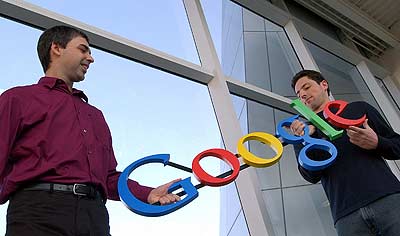 I’ve been talking about it a lot lately, most recently in a comment at LibDev.
I’ve been talking about it a lot lately, most recently in a comment at LibDev.
In the old world, information companies could create value by limiting access to their content. Most of us have so internalized this scarcity = value theory that we do little more than grumble about the New York Times’ authwall or similar limitations to the free-flow and linking of information.
Jenny Levine wrote recently about OCLC/LJ’s short-run (though not yet ended) experiment with authwalls. Jenny concludes that the move might have sold an extra subscription here or there, but completely killed the online linking that made LJ’s articles so authoritative in search engines.
Roger at Electric Forest struck to the heart of this recently:
…keep the [information] under heavy protection and you will find that people ignore this sheltered content in favor of the sources that embrace the web and make everything accessible… [Open and accessible resources] will become the influential authorities, not because they are more trustworthy, or more authoritative, or better written, but because they are more accessible.
In this new world, value is measured by search engine rankings, which are largely a measure of the number of links pointing to a resource. Because it’s impossible to link to things behind authwalls, or to material that isn’t online at all, Google et all have turned that scarcity = value equation on its head.
Today, in order to be relevant…in order to gain value, material must be available, linkable, indexable, and usable. Over the long haul, the best way to increase your Page Rank is to create outstanding content and make it freely available to everyone.
This is (part of) what got Zach blogging and it’s exactly what make’s Google’s non-hierarchical world work. Soon to be very related: social bookmarking as made famous by del.icio.us, now Yahoo! feature.